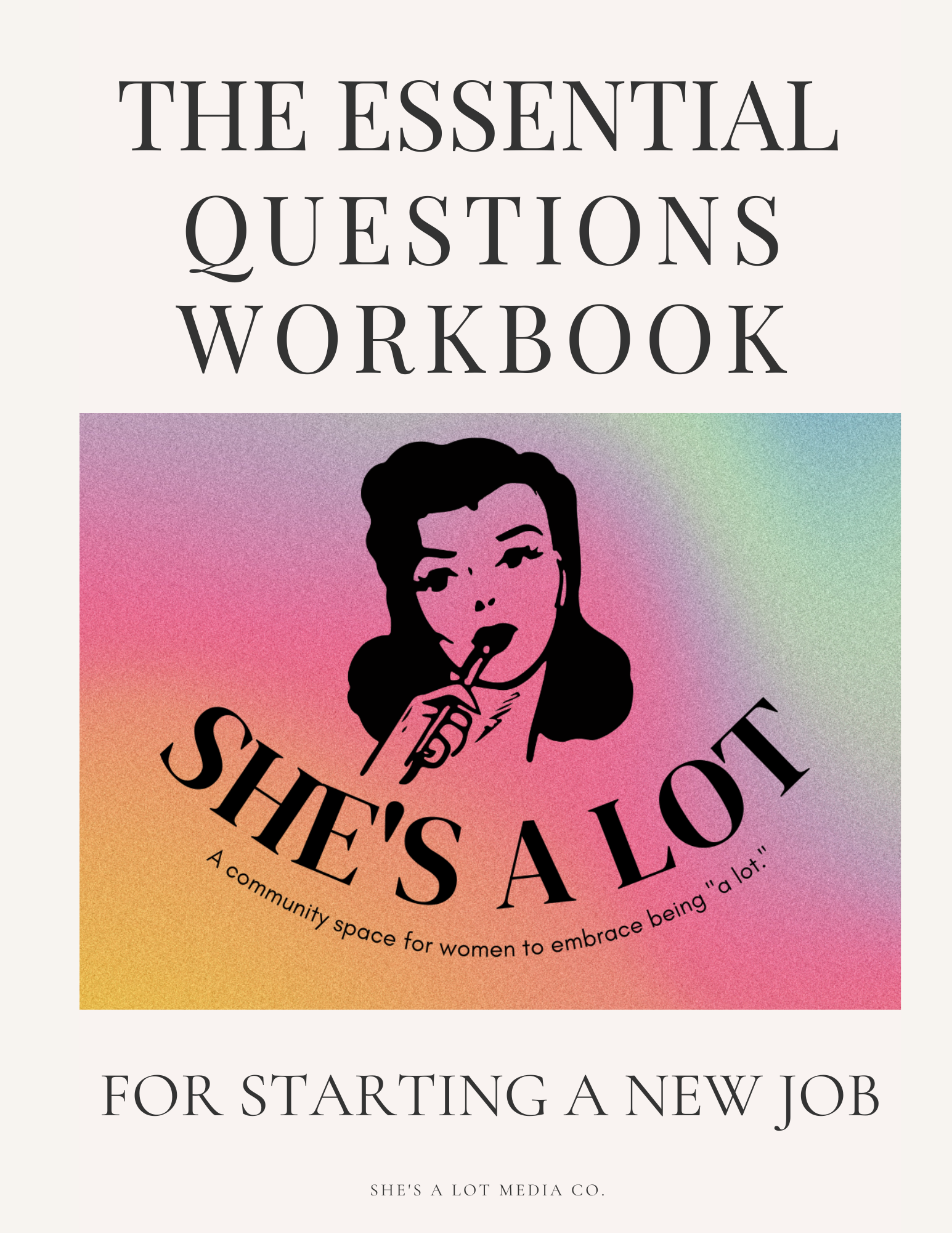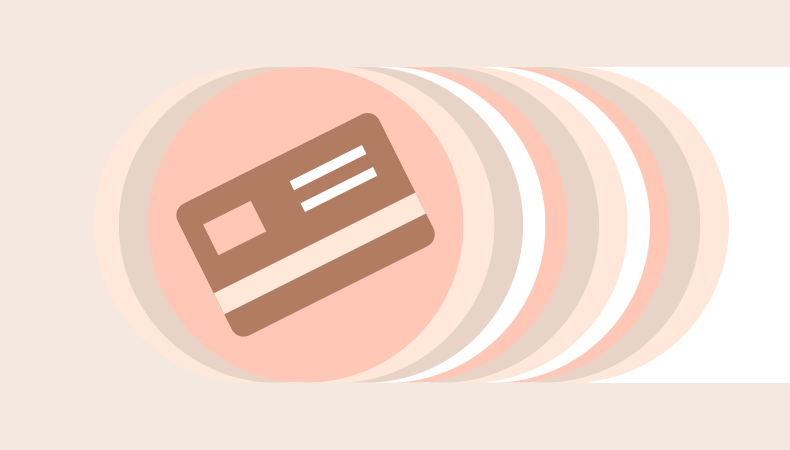Since the beginning of the coronavirus pandemic, therapist’s appointment books have been filling up across the nation as anxiety has ratcheted up.
Even before the pandemic, the United States was one of the leading countries for anxiety disorders and other mental health problems. Research also shows that women, all across the world, are more likely to experience anxiety and depression.
Even though the pandemic has forced most of us to slow down in many ways, our nervous systems don’t seem to have gotten the memo.
The rapid change of life, the uncertainty regarding the future, the months of solitude for people who quarantined alone, the constant feeling of being “on guard” when in public, and the increasingly polarized and divisive political and social environment have all descended as a team to lay siege to our mental peace.
Now what?
How do we fix it?
Frankly, I don’t know.
I, for one, feel as though I am trapped in a hamster wheel that is steered by my type-A personality.
Every week I start off with big ambitions. I have a list of things I will accomplish. I’ve even given in to the idea of using an affirmation to keep myself on track mentally.
As the week wanes on, I find myself veering off the tracks, crashing, and burning.
My anxiety feels like another person in the room who is always there to kick my feet out from under me. My type-A personality seems to always be outsmarted by this unfriendly visitor. The desire to control things and to prove my willpower is always there. I tack on a planning session and a list of “improvements” to the tail-end of every break down. Inevitably, I don’t meet my own standards, which gets the hamster wheel spinning all over again.
Type A and Anxiety
While type-A personalities can have many setbacks (hello, controlling behavior), they are usually very strong-willed and driven by accomplishment. This has always been a comfort. Maybe I’m a pain to be around sometimes because I am never able to master that elusive and oh, so coveted go with the flow attitude, but at least I get sh*t done. So what happens when I seem to have lost the ability to exercise control over myself?
In the midst of an anxiety attack, the whole world feels as if it is collapsing around you. “Attack” is really the best word because it feels like a team of fighter jets just crashed into your nervous system.
My instinct tells me to formulate a plan to address my grievances with myself and my life – as soon as I finish melting down. The list-maker in my head sets up a meeting with my deepest fears and anxieties and they have a little pow-ow. All members of said pow-ow are expected to go off and fulfill their agreed-upon duties. So what happens when my old friend Anxiety blows off my trusty planner and list-maker?
When you feel stuck in a cycle, that’s a clear indicator that you have to switch up your routine. You have to start doing something differently.
Anxious Habits
For the last few weeks, I’ve been starting every week with a list of goals and an “affirmation” of sorts. The idea was to give myself something clear to visual to guide my week. I thought this might help with the whole “the world is crashing down around me” thing.
It didn’t.
This great idea of mine worked for a couple of days. Then, I started getting overwhelmed with life things and falling behind on the habits that I had set up as my goals for the week. I was not, in fact, able to read a Bulgarian book for 20 minutes a day every day, practice piano at least 4 times a week, read and journal every night, and try to work out at least 3 times a week on top of all the other things I had to do.
I started to realize two things:
- My arbitrary goals were great in theory, but my inability to fulfill them was adding stress to my life. I took it upon myself to feel guilty and inadequate as a human being because I didn’t have time for these things that I had said were a priority.
- My anxiety was stemming from larger issues and was paralyzing me. I needed to find the root cause and address those problems if I wanted to have the mental energy to pursue these goals.
I decided to ditch my goals. To slow down.
Shifting Focus on Anxiety
Instead of focusing on pushing through my anxiety and coming out on the other side, I decided to focus on the anxiety itself.
What was I feeling anxious about? What could be triggering this? Was this the result of something more immediate and concrete? Or was it farther off in the future and more abstract?
I still have no solutions to my problem, but this was a first step that felt good. Slowing down made me feel more able to move forward.
I realized that a lot of my anxiety had to do with the future and the uncertainty around it. Or rather, whether I would make the wrong decisions now because I wasn’t sure what I wanted my future to look like.
One of my greatest fears is waking up one day, ten or twenty years down the line, and realizing I don’t like my life. I am terrified by the idea of making the wrong life decisions. Everyone worries about these things, but for me, this fear is paralyzing. It consumes me and makes me uncertain of everything I’ve done and everything I’m doing.
When you’re a planner by nature, realizing that you can’t plan and control everything is scary.
Life is a much bigger force than any human on the planet. If my life were a Greek epic story, I’d likely be punished by the gods for my hubris in thinking I could exert power over the flow of life.
Knowing that is great and all, but how do I actually stop compulsively planning and controlling?
Yet another question that I don’t have an answer to.
I may not have all the answers but at least I’m trying.
The Iterative Anxiety Process
It can be discouraging to try to fix or change something and not see results, but the process of trying is where the magic is.
Computer developers talk about “iteration” all the time. Iteration is the method that they use to create their products. The idea is that you don’t have to create the perfect product on the first go-round. You create a working product and then iterate, or repeat the process, to identify errors, problems, etc. Each cycle, the product gets better.
This imperfect process is probably the most realistic way to start improving your life. Try things and tweak small areas until you find something that works.
Clearly, my strict goals were not working. But I didn’t want to entirely scrap the concept of having side projects/habits that I work on regularly. My solution? Scrap the expectations but keep the list of habits that I can work on.
Now instead of trying to force myself to do X habit 3-4 times a week, I’m working on just doing it at all. Instead of working towards a specific result, I’m just going to keep track of how often I end up doing each habit.
Once I do this for a while, then I’ll re-evaluate and see what I can try to increase or change how/when I do X habit.
To wrap up, here are some of the biggest takeaways I’ve had from the last few weeks of thinking, freaking out, and trying:
Things to Remember
- Not everything has to be results-oriented.
- Do more observing and exploring than you do expecting or judging.
- Give yourself time to rest when things go wrong.
- Having an anxiety attack seems like a huge setback. Trying to bounce back immediately is more likely to result in more anxiety. Give yourself some grace and space to recover.
- Go for a walk, take a bath, read a book, watch your favorite movie instead of doing homework, studying, answering emails, texts, etc. for just one evening. Get a good night’s rest!
- Get it out of your head.
- Talk about it. Write about it. Simply get those thoughts out in some manner. Seeing or hearing those thoughts aloud and talking about it with someone often makes it feel less hopeless.
- Change your approach.
- If you started your week hopeful, only to be derailed by anxiety, try something new next week.
- Don’t keep trying to force yourself into the same pattern if it clearly is not working.
- Read and explore different ideas and theories.
- I can guarantee that someone else has experienced what you’re experiencing and has made it through.
- Seek out resources that may offer solutions, motivation, or methods to help you manage your anxiety.
- There is no perfect solution!
- No matter how type A you are, there is NO way for you to gain complete control over your life.
- Experiencing anxiety is normal and okay. It’s not okay when it’s debilitating and significantly impacting your life.
- Work on managing your anxiety, not controlling or fixing it.
Okay, how type-A is it that I wrote this article to address and analyze my anxiety?!
*A reminder that I am not a professional. If you are severely struggling, you should reach out to a professional for help. It is 100% okay to ask for help.*






